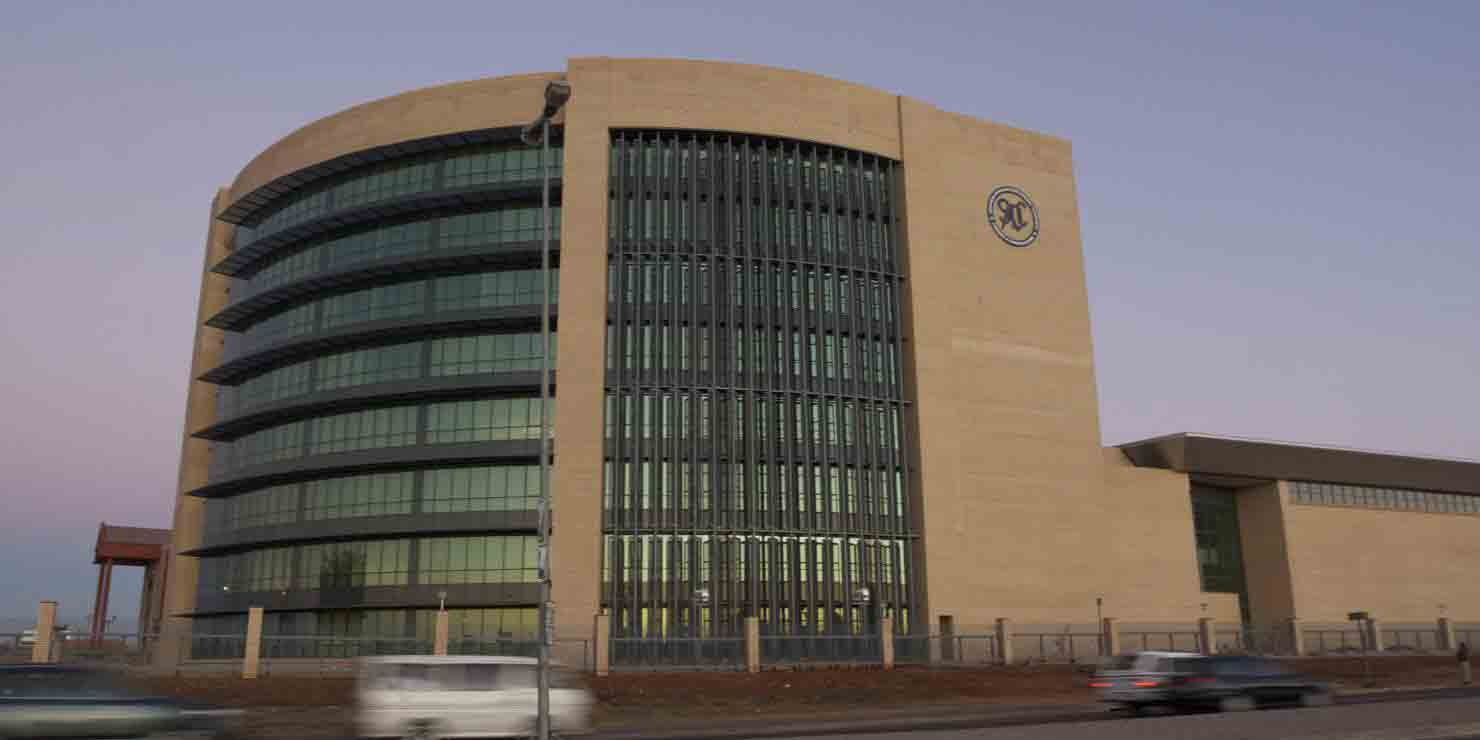LETLHOGILE MPUANG
The Committee to Protect Journalists (CPJ) has called on the Southern African Development Community (SADC) to prioritise press freedom and the safety of journalists within the region.
CPJ – a nonprofit organisation that promotes press freedom worldwide and defends the right of journalists to report news safely and without fear of reprisals, says depite SADC claiming to commit member states to principles of human rights, democracy and the rule of law, it has recorded a disturbing number of cases that clearly shows erosion of press freedom in several member states.
The CPJ letter that was dispatched to SADC ahead of the economic bloc’s 39th Ordinary Summit that was held over the weekend in Tanzania reads, “many of these threats intensify ahead of and during elections. More than half of the SADC member states are expected to hold local and national elections by the end of 2020. SADC’s principles and guidelines for democratic elections require governments to ‘foster transparency, freedom of the medi’ and ‘access to information by all citizens.’
“In the Democratic Republic of the Congo (DRC), journalists have endured assaults and arrests, especially while covering protests and elections or reporting on powerful individuals. In Zambia, journalist Derrick Sinjela is serving 18 months in prison for contempt of court in connection with his reporting on the country’s Supreme Court. In Mozambique, journalist Amade Abubacar remains in legal limbo after his arrest in January.
“He spent 108 days in pre-trial detention in connection with his reporting on the insurgency in Cabo Delgado before he was provisionally released and has yet to hear whether he will be formally indicted despite his pre-trial investigation concluding in July. In Lesotho, a military spokesperson in late 2018 threatened an investigative journalist for articles she wrote on demands for compensation by soldiers. During the South African elections in May, journalists faced online harassment and cyber-bullying.”
Furthermore, CPJ also noted that in some countries such as Botswana, Zambia and Namibia, restrictive legislations have been used to knock down efforts of independent and critical media.
“Criminal defamation, sedition, and secrecy laws – many of them vestiges of the colonial and apartheid eras – have been used to target critical journalists and media outlets in Namibia, Zambia, Botswana and the DRC. Zimbabwe and Lesotho have recently struck down criminal defamation laws and we urge member states to follow this example. Through new regulations, Tanzania has also set impossibly high barriers for bloggers to operate while seeking greater control of what citizens can say online.”
In conclusion the organisation said it wants SADC to hold member states to account for violations against media freedom. “Press freedom is essential to ensuring sustainable development, peace and the enjoyment of human rights, and the SADC can and should be at the forefront of protecting and promoting press freedom in Africa and the world. But in order to do so, it must hold its member states to account on press freedom violations,” the letter ends.




